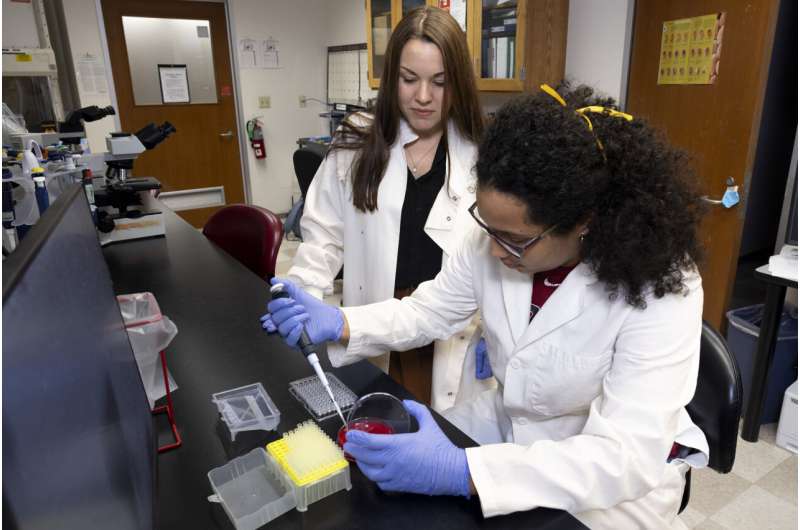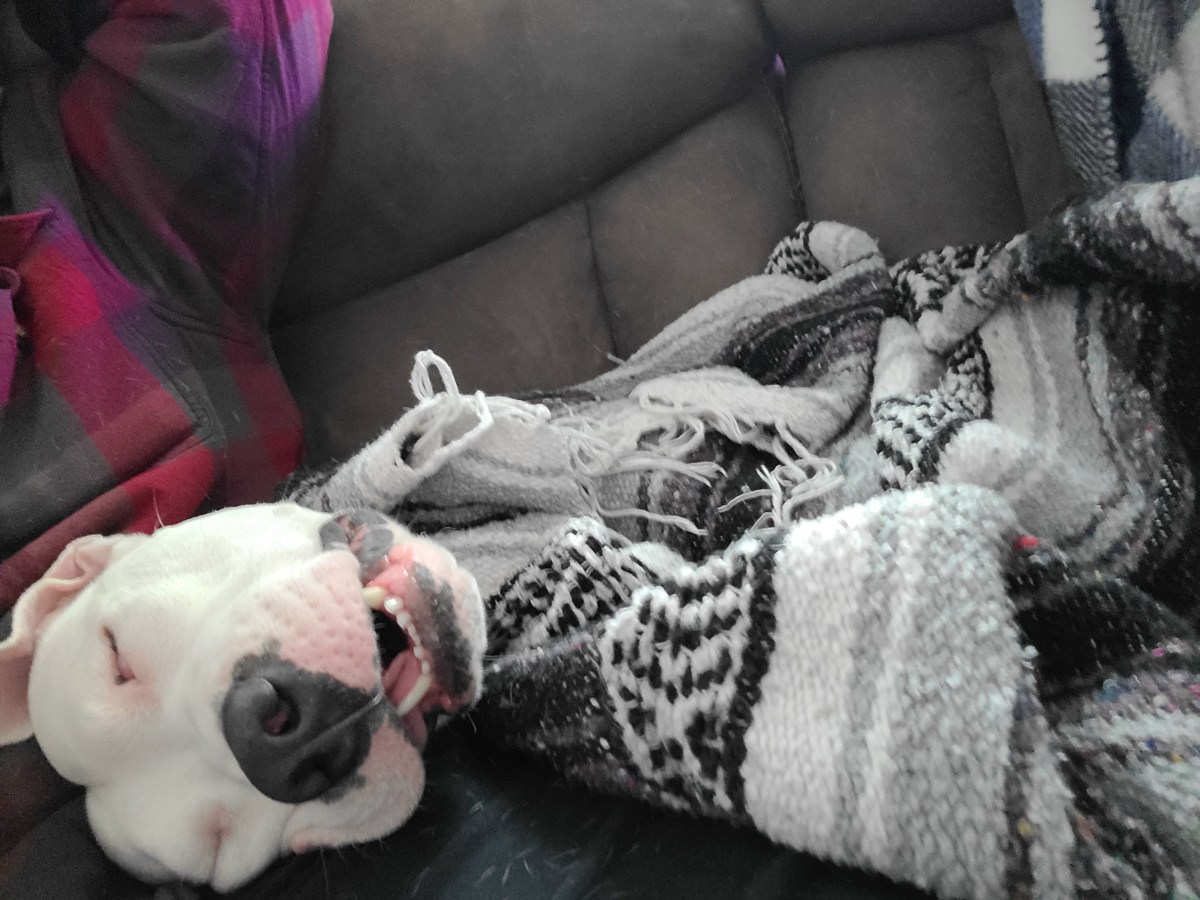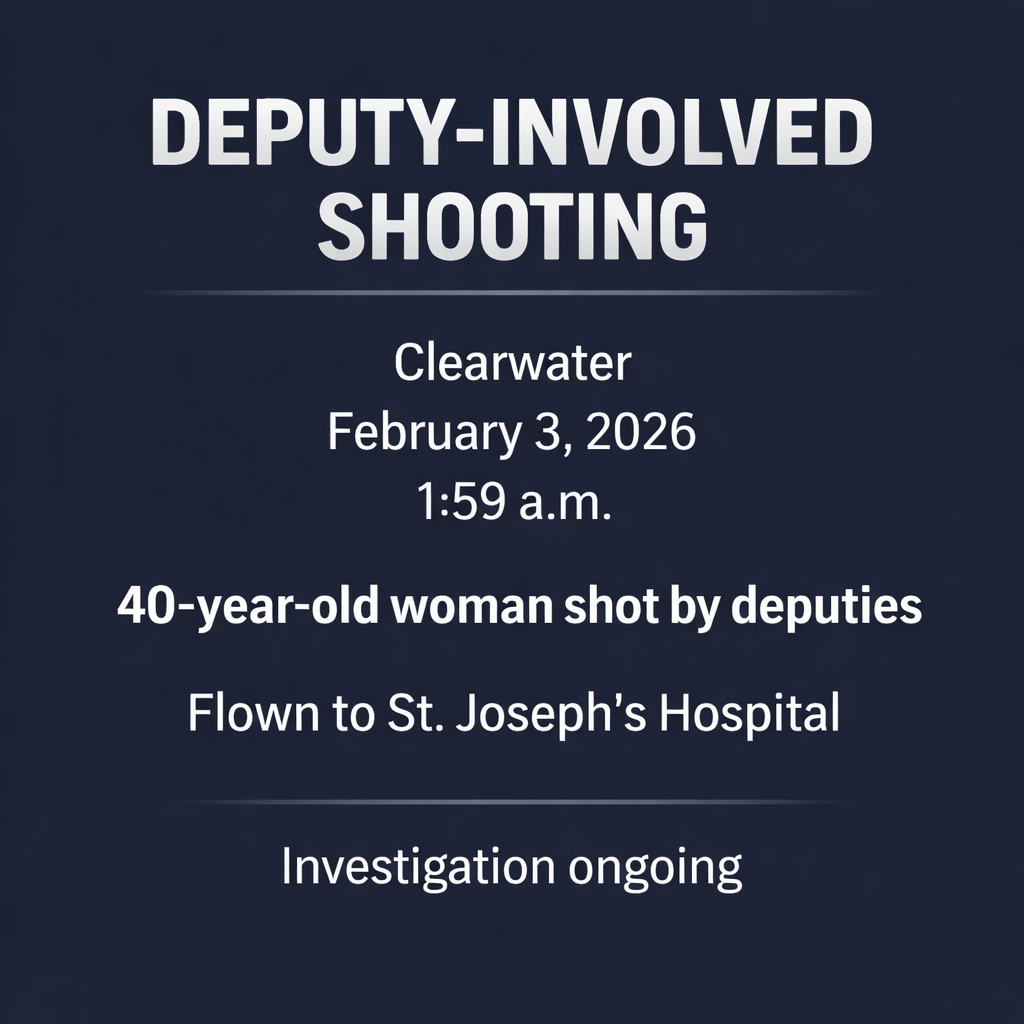
Groundbreaking research from the University of Arkansas indicates that probiotics may serve as a viable alternative to formaldehyde in poultry hatcheries. A study led by Danielle Graham, assistant professor of poultry science, reveals that specific strains of probiotics can reduce harmful bacteria without harming beneficial microorganisms. This discovery could have significant implications for the poultry industry, which currently relies on formaldehyde to disinfect hatch cabinets.
The need for effective microbial control in hatcheries is critical. Bacteria such as Escherichia coli and Enterococcus faecalis can invade incubating eggs through pores or tiny fractures, resulting in potential outbreaks that can devastate hatchery operations. The traditional method of using formaldehyde effectively eliminates all bacteria; however, it also destroys beneficial strains essential for chick health.
The research, published in the journal Poultry Science, demonstrates that two strains of Bacillus amyloliquefaciens can significantly reduce the presence of harmful bacteria. The study’s findings suggest that these probiotics can mitigate microbial growth in hatch cabinets, which are crucial environments for chick development.
Probiotics in Action
Graham and her team conducted small-scale experiments in hatch cabinets, applying the probiotics using compressed air approximately 25 centimeters from the ventilation fan during the hatching phase. One of the probiotic strains notably decreased gram-negative bacteria compared to control groups. This reduction is crucial as it translates to lower bacterial colonization in chicks’ gastrointestinal tracts, thereby enhancing their overall health.
The study further highlights the potential of probiotics to reduce respiratory tract damage in chicks, a common side effect associated with formaldehyde exposure. Graham stated, “A multi-faceted approach will be necessary to replace formaldehyde in commercial poultry hatcheries. Right now, it is the most effective tool the industry has.”
The research team aims to continue exploring additional solutions that could complement the probiotic method they have been testing.
Future Directions
The study, titled “Feasibility of applying Bacillus amyloliquefaciens-derived solid state fermentation products into the hatch cabinet environment as a method to mitigate the microbial bloom during the hatching phase,” includes contributions from several co-authors within the poultry science department at the University of Arkansas. These include Callie Selby, doctoral candidate; Aaron J. Forga, program associate; and Billy M. Hargis, Distinguished Professor.
This research represents a significant advance in finding alternatives to chemical disinfectants in poultry production, which could lead to healthier chicks and potentially lower production costs. As the study progresses, researchers hope to refine their techniques and explore the broader application of probiotics in the poultry industry.
The implications of this research could extend beyond poultry, potentially influencing practices in other livestock sectors. As the industry seeks sustainable methods of production, the role of probiotics in animal health will likely gain more attention.
For more detailed information, refer to the complete study in Poultry Science (2025), DOI: 10.1016/j.psj.2025.105190.






